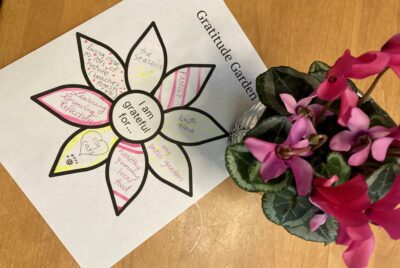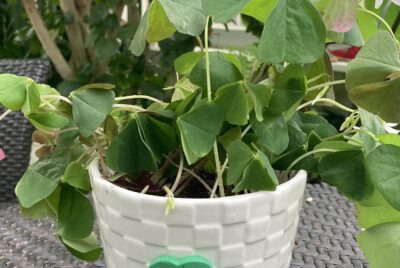RESEARCH
Therapeutic Model. In the Profession and Practice of Horticultural Therapy
Summary
This chapter describes a therapeutic model of horticultural therapy, where participation in horticultural activities is facilitated by a registered horticultural therapist to achieve specific goals within an established treatment, rehabilitation, or vocational plan. It emphasizes that the therapeutic process itself, rather than the end product, is the key and highlights that physical setup allowing connection back to nature is a major influence that leads to physical and psychological recovery. The model is applied in diverse settings like hospitals, rehabilitation centers, schools, and prisons.
The therapeutic model focuses on programs seeking physical or psychological outcomes, addressing issues such as mental health, addiction, physical rehabilitation, and chronic diseases. Activities are designed to optimize physical and mental health, with therapists using a strength-based approach to cater to the individual needs and goals of participants, whether children with developmental disabilities or adults recovering from addiction. Documented health outcomes include improvements in attention, reduced pain and stress, modulated agitation, and decreased reliance on medications.







